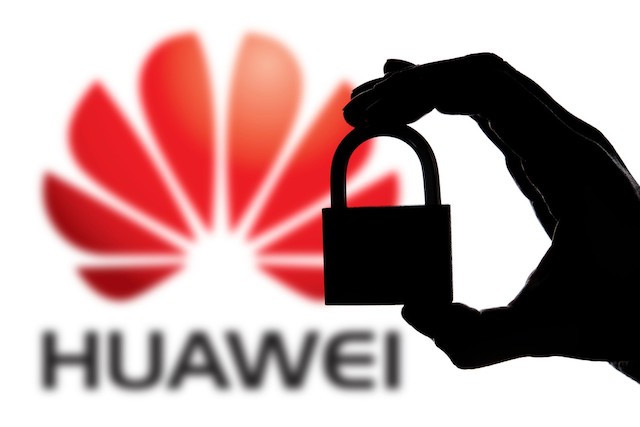Do you use Huawei hardware for your network? None of the telecom operators, who obtained the frequencies they wanted for the launch of 5G in Luxembourg, are prepared to admit it.
Yet the answer is “yes” for at least one of the three. Registered in the Commercial Register since 12 November 2008, the Chinese equipment manufacturer has got into the habit, since its 2015 annual report, of detailing what Huawei Technologies Luxembourg sells as equipment to “local operators”. Over the last five financial years for which information was available, the total amounts to €19.8 million, a rather unspectacular amount, but which helps to understand the embarrassment.
Before organising its first workshop for journalists, the incumbent operator was quick to reply that “the launch of Post’s 5G network will be carried out on the infrastructure of Ericsson, the historical and current provider of Post’s mobile network”. During a three-hour explanation, the director of Post Telecom, Cliff Konsbruck, even separated “network” from “core network”, the first being the antennas themselves and the associated equipment, the second the “servers, which in the context of Post are all our servers”. In other words, apart from imagining a cyber-attack, it is impossible to imagine that the data on Post’s 5G network would be transmitted to Beijing without any other form of lawsuit.
Orange wants to reduce Huawei’s share of its equipment
The European Union is making sure that everyone moves forward and that the hot potato of a Donald Trump in the middle of his re-election campaign does not explode in Europe. A “toolbox” to make member states independent and less exposed to risks such as massive data theft, was updated at the end of July .
As it is difficult to disentangle the progress of the individual member states, the European Commission stays with the general objectives and illustrates individual progress each time by adding them as examples. Luxembourg is not mentioned in this report.
“In Europe, there are countries where we use Huawei, but the medium-term trend is to reduce the share of equipment manufactured by Huawei on our networks,” said Orange CEO Stéphane Richard in a conference call with analysts following the publication of the group’s results. Reuters quoted him as saying on 30 July that France does not use Chinese equipment, unlike Orange subsidiaries in other member states, such as Spain or Poland. Luxembourg is not specifically mentioned.
15% of worldwide patent applications
Britain announced in mid-July that it would no longer use any Huawei equipment for its 5G network by 2027 and sources told Reuters last week that France would also de facto exclude the Chinese group by 2028. Except that it is much less easy than imagined: the Chinese are the world leader in 5G patents (3.147), even if Samsung remains the one with the most accepted patents, ahead of Nokia.
According to the (American) firm IPlytics, which compiled the data, Huawei would have 15% of the world patents on 5G, which would make it unavoidable. The World Intellectual Property Organization had announced as early as February that China had taken away the first place of patents from the United States (58,990 against 57,840).
In Luxembourg, everyone is procrastinating. The operators, who reply that the auctions have just ended, have not officially decided on their equipment manufacturer. And the Huawei spokeswoman says she does not yet have any figures to communicate on possible contracts with operators. In other words, Huawei has not signed any equipment contract on 5G with any Luxembourg operator.
This article was originally published on Paperjam.lu
